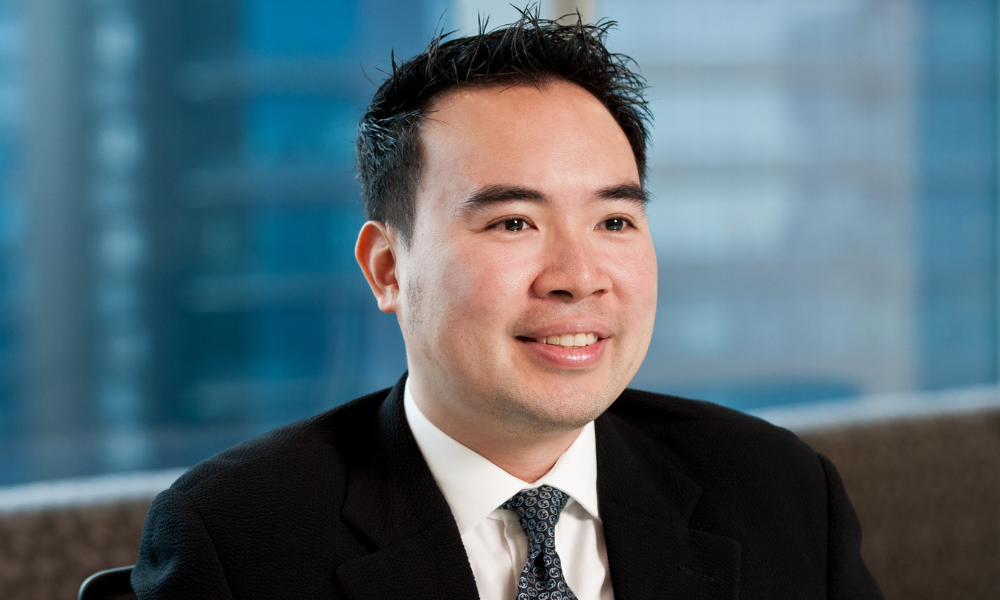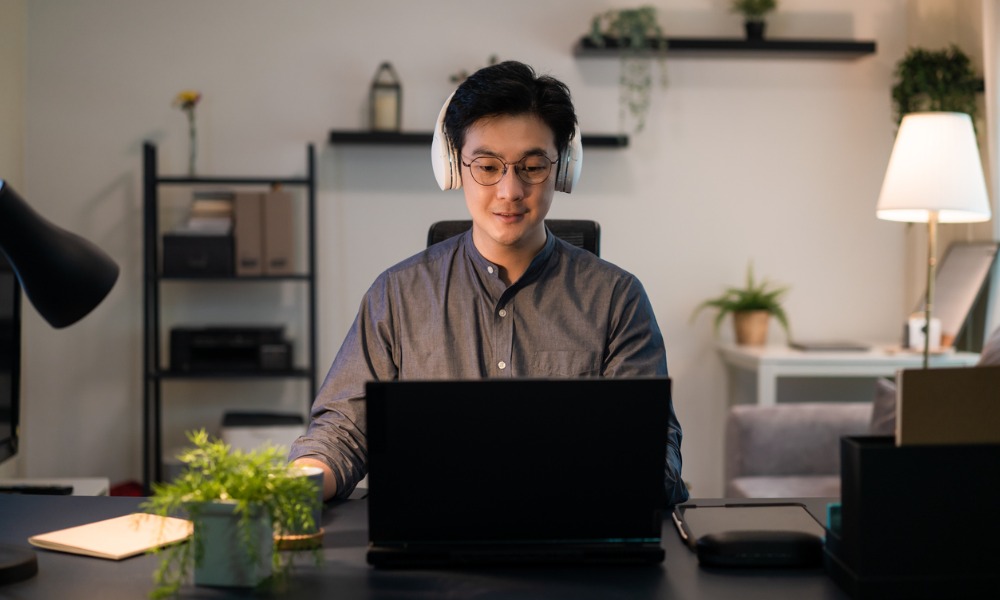PwC Singapore’s human capital leader on the importance of keeping an open mind, the thrill of mentoring, and having a ‘larger purpose’
What motivates or excites you the most about your current position?
I have a strong passion for people and innovation. I also like to have a larger purpose in the things that I do. In this case, I get to make a difference in people’s lives – from mentoring and making a difference in both professional and personal (where necessary) levels to creating new opportunities for growth and development. HR used to be seen as an administrative department, but that has changed to one that focuses on constant engagement and development of people.
I like tackling new challenges such as creating an agile workforce that is fit for the future, creating a more flexible work place, keeping up in the war for talent, diversifying our workforce, and implementing technologies to better engage current and potential employees.
What is unique about HR at PwC?
Coaching is an integral part of the culture in PwC. The strong coaching culture is ingrained through formal processes we have in place to provide an environment that is conducive to real-time feedback. Staff have two coaches – a career coach that helps them navigate their journey in PwC and an on-the-job coach that guides them through the more technical aspects of the projects they are on. We recently introduced our Career CoachCard; an initiative to promote real-time coaching and help our people realise their full potential over a cup of coffee (courtesy of the firm).
Millennials in PwC are also empowered through firm-wide initiatives such as our Junior Board. The Junior Board members go through a nomination, campaigning and election process and are voted into office by their colleagues. They play a management role in the firm and are empowered to drive initiatives and policies for our people.
At PwC, we recognise that empowering our people with flexibility in the way we work motivates them to deliver more innovative solutions. We have initiatives that promote autonomy such as:
FlexSpace – An initiative that enables our people to work from any location as long as they produce quality work while remaining contactable. The recreational space within PwC gives them an avenue to unwind when they need to.
FlexTime – We implement part-time work arrangements for individuals who have needs that may conflict with conventional working hours.
FlexWellness – This initiative empowers managers and above to choose benefits that best suit their wellness needs, ranging from personal health insurance, vision aids, gym memberships, health supplements, sports equipment, personal holiday expenses, etc.
To help our people build a global mindset, we have initiatives such as our Australian Graduate Overseas Training Scheme and Sister Cities Programme, which help provide opportunities for our people to work outside of Singapore and learn from PwC offices across our network, spanning 157 countries. This helps them stay relevant and learn best practices across the globe.
We encourage our people to reimagine the possible by coming up with creative and innovative ideas that make a difference to our clients and the community, one of our PwC values that strongly resonates with my own – to have an open mind.
What will HR’s biggest challenges be for the coming year?
We are currently focused on creating a workforce that is fit for the future. As the market undergoes more disruption and faces greater uncertainty than ever before, we are enabling our people with the skills in data and analytics.
If there’s one piece of HR-related advice you could give, what would it be?
In order to be agile, stay relevant and embrace change, it is important to have a growth mindset. In our ever-changing business landscape, I believe we need to be nimble and adaptable, and try to anticipate changes and trends rather than react to changes, which usually means playing catch-up. Instead of simply reacting to digital disruption, we must be proactive in anticipating shifts in the skills and capabilities required for the business to forge ahead for the future.
What hobbies and interests do you have outside of HR?
In my free time, I like to spend time with my family (three beautiful sons and a wonderful husband) practicing Northern Shaolin kung-fu, watching movies, travelling, reading or just simply catching up with friends and loved ones. I also spend my time giving back to the community. I play an active role in three non-profit organisations - (1) ABLE (Abilities Beyond Limitations and Expectations), a charity for the physically challenged, (2) Community Foundation of Singapore, a charity that bridges donors with charitable organisations to develop programmes and give out grants that support various causes as well as the (3) Catholic Business Network.
Where’s the best place to go for dinner/drinks in Singapore? Why?
Our family enjoys dining at Clarke Quay and Dempsey because of the great ambience and diverse selection of food from various cultures. When we are there, it’s a ‘chill’ atmosphere in comparison to Singapore’s usual fast-paced environment. It’s always a treat to relax or share a meal with friends and family.
Related stories:
Why you should encourage ‘skills-based volunteerism’
How to reduce the risk of ‘psychological injury’
How to drive a compelling set of values





